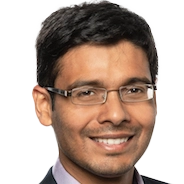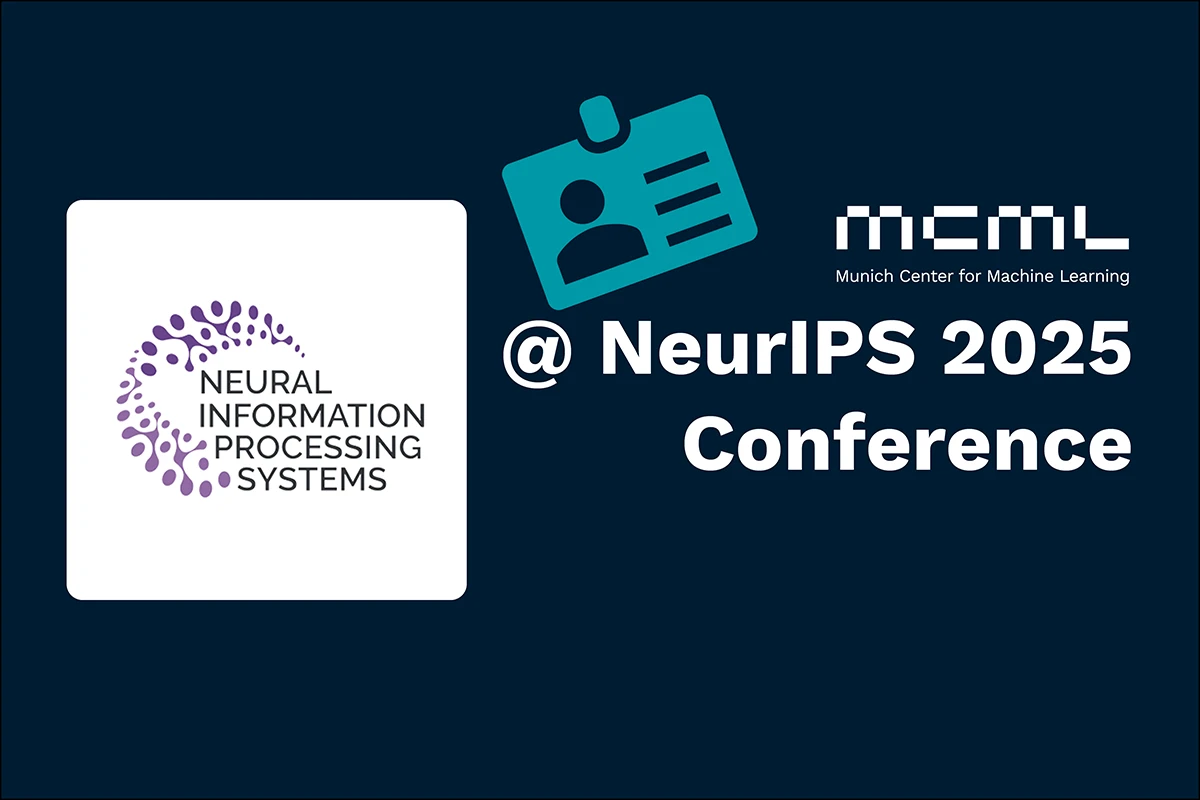Research Group Debarghya Ghoshdastidar
Debarghya Ghoshdastidar
is Professor for Theoretical Foundations of Artificial Intelligence at TU Munich.
He conducts research in the theory of machine learning, artificial intelligence and network science. The main focus of his research is on the statistical understanding and interpretability of methods used in machine learning. His works provide new insights and algorithms for decision problems, involving complex data such as networks and preference relations, that arise in various fields including neuroscience, crowdsourcing and computer vision.
Recent News @MCML
Publications @MCML
2025
[3]

A. Crăciun • D. Ghoshdastidar
Non-Singularity of the Gradient Descent Map for Neural Networks with Piecewise Analytic Activations.
NeurIPS 2025 - 39th Conference on Neural Information Processing Systems. San Diego, CA, USA, Nov 30-Dec 07, 2025. Spotlight Presentation. To be published. Preprint available. URL
Non-Singularity of the Gradient Descent Map for Neural Networks with Piecewise Analytic Activations.
NeurIPS 2025 - 39th Conference on Neural Information Processing Systems. San Diego, CA, USA, Nov 30-Dec 07, 2025. Spotlight Presentation. To be published. Preprint available. URL
[2]
P. Esser • M. Fleissner • D. Ghoshdastidar
Theoretical Foundations of Representation Learning using Unlabeled Data: Statistics and Optimization.
Preprint (Sep. 2025). arXiv
Theoretical Foundations of Representation Learning using Unlabeled Data: Statistics and Optimization.
Preprint (Sep. 2025). arXiv
[1]
L. Gosch • M. Sabanayagam • D. Ghoshdastidar • S. Günnemann
Provable Robustness of (Graph) Neural Networks Against Data Poisoning and Backdoor Attacks.
Transactions on Machine Learning Research. Jun. 2025. URL
Provable Robustness of (Graph) Neural Networks Against Data Poisoning and Backdoor Attacks.
Transactions on Machine Learning Research. Jun. 2025. URL
©all images: LMU | TUM

